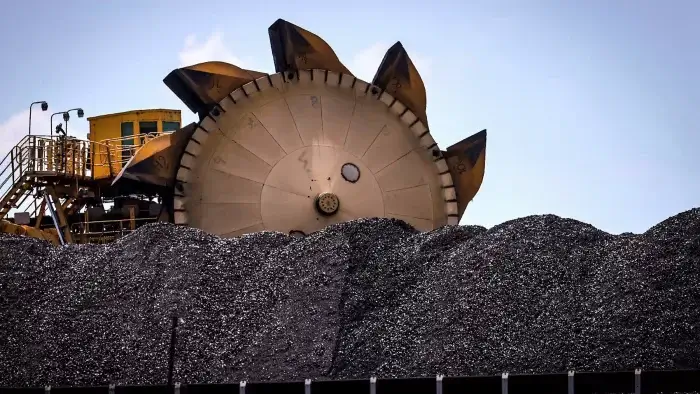About 70-80 open pit supervisors at five BHP Mitsubishi Alliance (BMA) coal mines at Downia, Blackwater, Saraji, Goonyella Riverside and Peak Downs Mines have begun voting to strike. Work at all of these mines would have to be suspended if safety inspectors stopped work at the same time.
Under Australian law, the inspectors' union must notify company management of any planned shutdowns at least a week in advance, with the first possible disruption in coal mining could happen as early as December 28th. BHP hopes to reach a negotiated agreement, with the next meeting scheduled for December 13.
Train drivers at BHP's iron ore operation in WA voted to strike in October, but nothing happened. Members of the Mining and Energy Union have agreed not to take any industrial action while its members vote on whether to accept BHP's offer, which includes wage increases and other provisions. Voting opens on December 12 and closes on December 15.
BHP joined other mining bodies, including the Minerals Council of Australia, in condemning legislation passed in federal Parliament last week that would force companies to pay the same amount to everyone people doing the same job. This provision in the new law could impact how BHP manages its internal contractor Operations Services, which often pays less per hour and has different working conditions than workers hired directly by BHP.
BHP argues that Operations the service gives it the ability to carry out work that would normally be done by third party contractors who do not pay their staff in the same way as BHP. Unions see this as a way to avoid paying workers higher wages that were agreed through collective bargaining.
The mining industry now has sufficient balance sheets that it can use to fight legislation they say , will make Australia less competitive in the global push to develop new minerals with an energy transition. The last time the mining industry fought Canberra, it succeeded in getting the mining rent tax scrapped, although it had to wait for a change of government.




